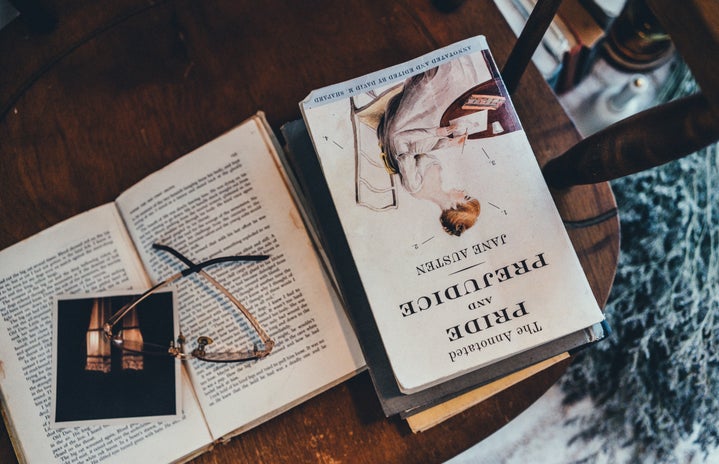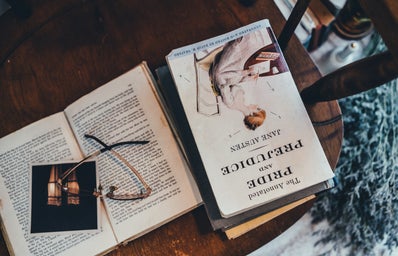If you’re like me, you get most of your book recommendations from social media, which most of the time yields some interesting reads. The Woman Destroyed by Simone De Beauvoir is no exception. This thought-provoking, feminist book left me with more questions than answers and more anger than satisfaction. With this in mind, is it worth the read? Absolutely! I couldn’t put it down, and I wanted more.
The book consists of three novellas, the first being The Age of Discretion. This section is the “crazy boy mom” trope personified, with the narrator facing the realization that her son is not turning out how she raised him to be. This causes her life to shatter, her relationship with her husband to falter, and her awareness of her age to show. You’re not supposed to side with this character; her actions are harsh, but her point of view is very important to The Woman Destroyed as a whole. The stereotype of hysterical women is present in all three novellas, but the emotions and the women’s actions almost make you believe their logic; the stereotype is reclaimed violently.
The Monologue, the second story, has to be one of the hardest things I’ve ever read. It’s not the language being particularly sophisticated – it’s the narrator – she’s insufferable! From start to finish, this novella is a train of thought, slowly revealing details as to why the woman is the way she is. This is done with intent, De Beauvoir wants there to be friction between the reader and the narrator, to give space to the narrator’s point of view of aging and familial structure, however painful her view is.
The book’s namesake, the third novella, The Woman Destroyed is the most upsetting story for me. It follows a middle-aged housewife, Monique, who has to come to terms with her husband’s affair. Through diary entries, the reader follows along as Monique realizes that her daughters are not as bright as she was hoping they would become, and her once assumedly strong relationship with her husband is not permanent. Just like the rest of the women in the book, she falls apart.
By the end of the book, you are left with dissatisfaction and disdain for the narrators. So what makes this book feminist? To me, the anti-heroine theme fosters anger within the reader. It may be aimed at the protagonists, but their point of view also redirects the anger toward their experiences. It forces you to ask how their situations became so dire, and how their life turned so meaningless, especially, from the voice of a woman.


